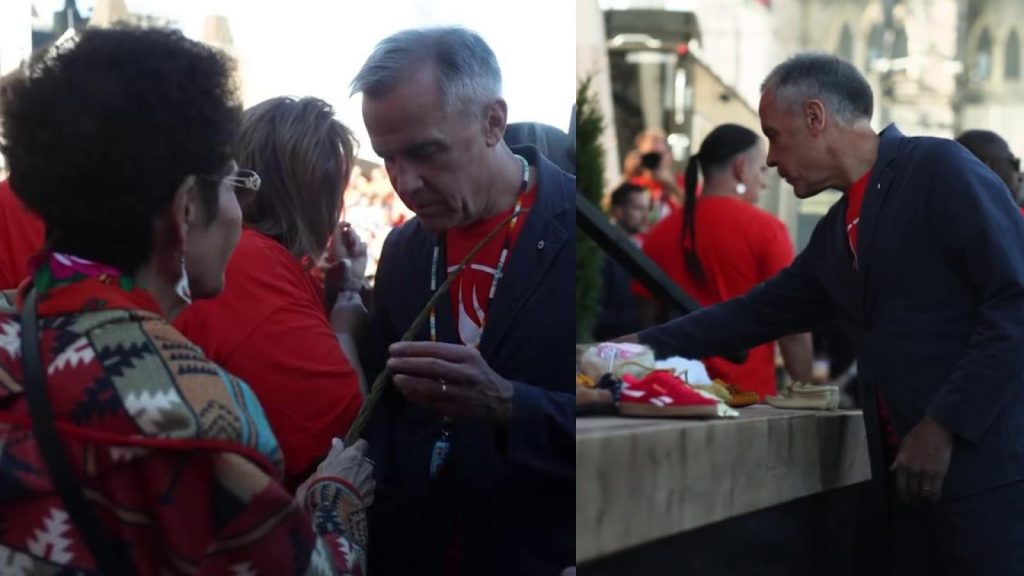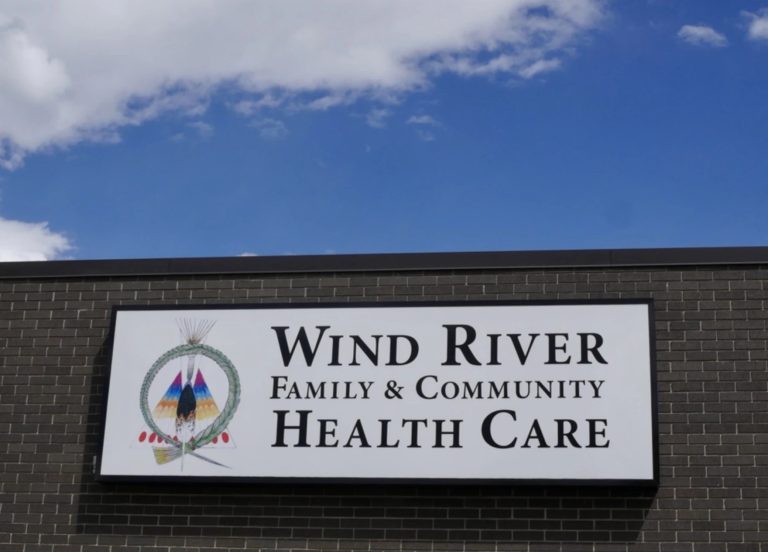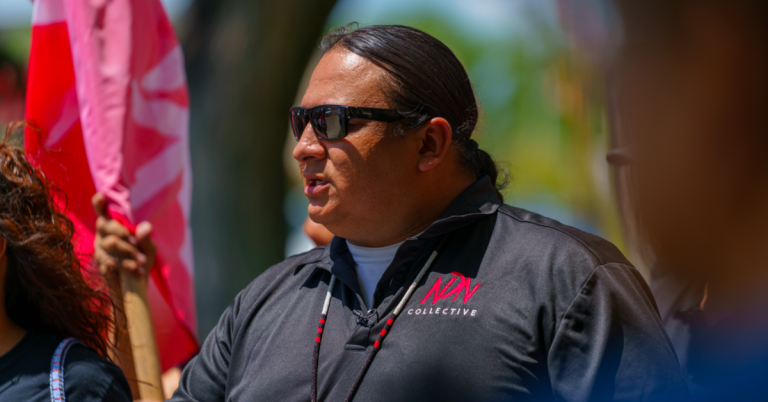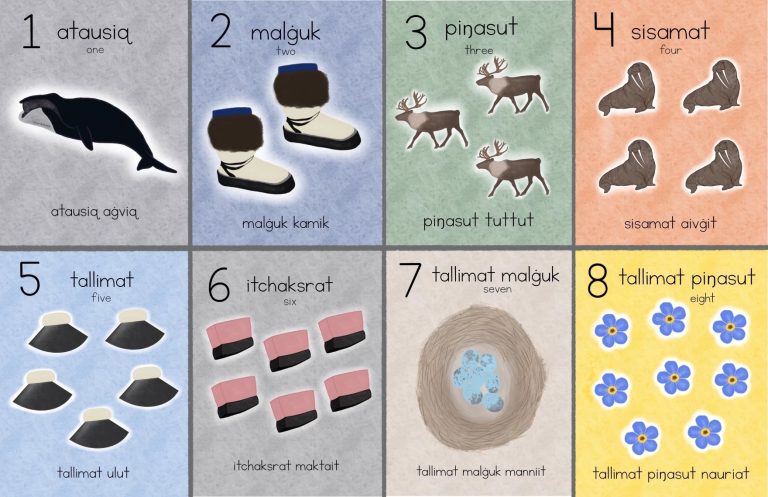Podcast: Play in new window | Download | Embed
Across Canada, Indigenous and non-Indigenous people marked the fifth National Day for Truth and Reconciliation, also known as Orange Shirt Day.
Prime minister Mark Carney reflected on the tragic legacy of the residential school system and talked about how his government is moving toward reconciliation.
But as Dan Karpenchuk reports, the country’s governor general says more work remains.
There were rallies, ceremonies, and speeches with in many communities a sea of orange shirts. And there were celebrations of Indigenous music, language, art, and culture, and most importantly there was time to reflect on the past abuses of the residential schools.
In Ottawa, at one of the events PM Carney addressed the crowd.
“Truth is the foundation of justice. And the truth is for more than century this country ran residential schools. Over 150,000 First Nations, Inuit and Métis children were taken from their families and their communities, torn from their languages, their cultures and their identities. On this national day for truth and reconciliation, we honor survivors and the children. The children who never returned home. We reflect on the devastating legacy of the residential school system. And we as a government and as a people, we match remembrance with responsibility.”
It’s been nearly ten years since the recommendations from the National Truth and Reconciliation Commission.
There were 94 directives after the commission heard from thousands of residential school survivors who told their personal stories of pain and tragedy.
Carney says his government remains committed to advancing the work of that commission.
Governor General Mary Simon (Inuk) says some progress has taken place, but much work remains.
“Inequities persist and we share a life long responsibility to address them. I have seen Indigenous people striving to heal while still struggling to meet basic needs. Too often they lack access to adequate trauma informed mental health support that honors their traditional healing practices. So today, I call on every Canadian to renew their commitment to reconciliation.”
Simon says she sees a world where young Indigenous people can embrace being Canadian without compromising their identity.
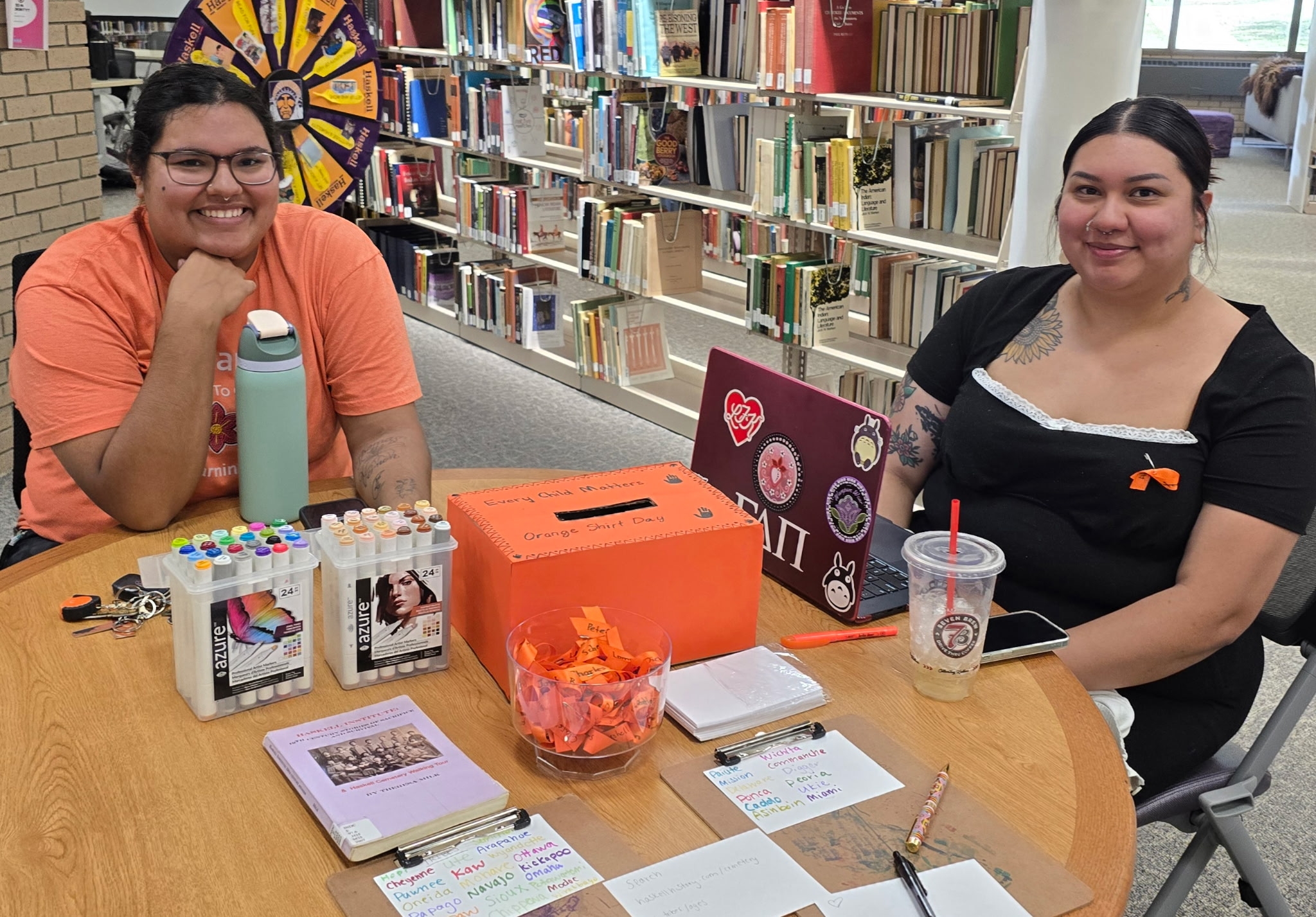
Haskell students Abigail Lowe and Denise Flores Frazier. (Photo: Rhonda LeValdo)
In the U.S., events also took place across the country for Orange Shirt Day, including at Haskell Indian Nations University in Lawrence, Kan.
The university was originally established as an Indian boarding school.
Current Haskell senior Denise Flores Frazier gave out orange ribbon pins in remembrance of children who attended Haskell Institute and never returned home.
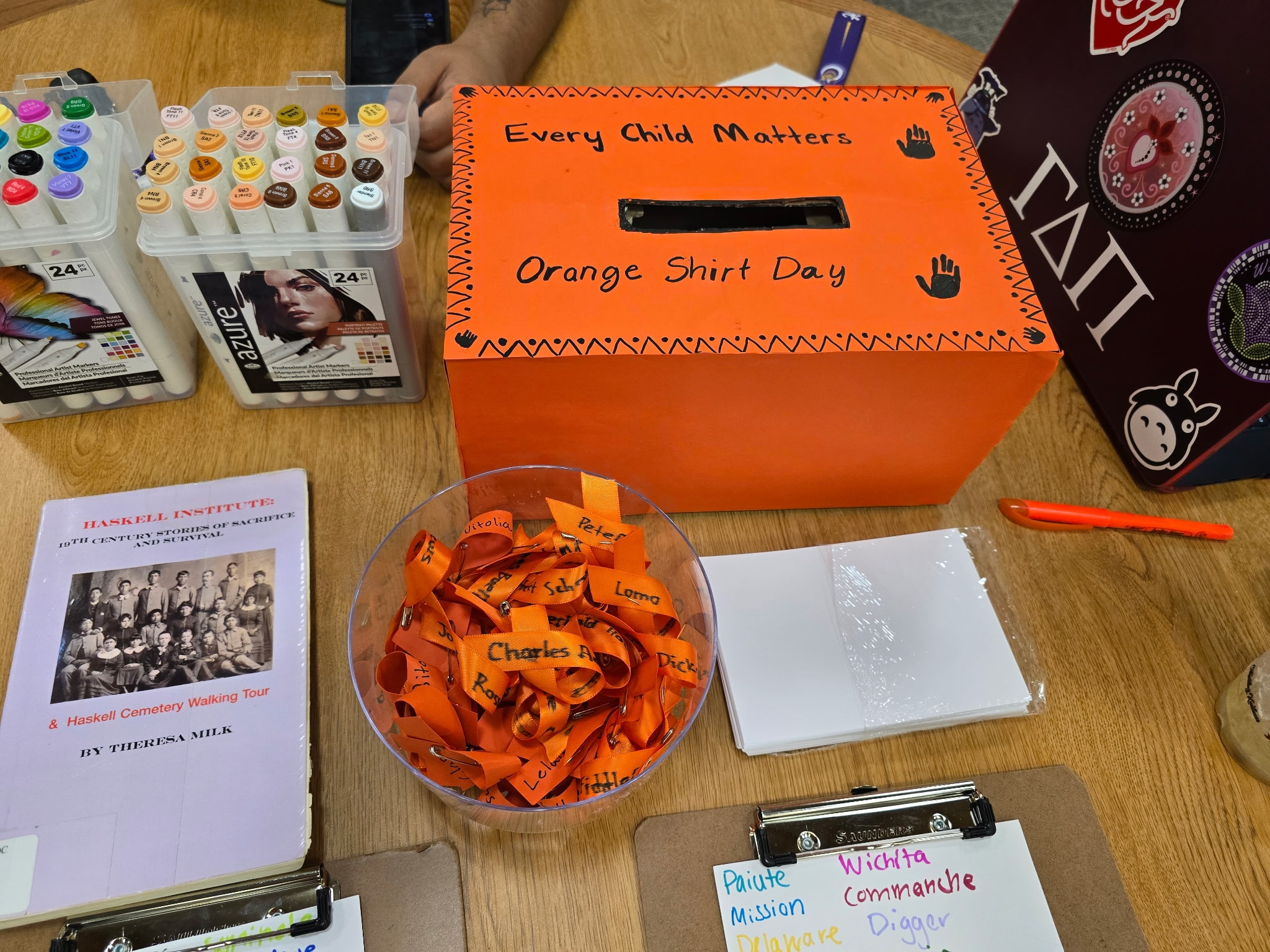
(Photo: Rhonda LeValdo)
“We created pins with the names of children that were discovered at Haskell Indian Nations University. We put out their tribes and a website link so that people can find if they have a relative here or if they want to know more information about some of the children here like the ages they passed or time here at Haskell. We’re also leaving notes in case people have anything they want to say to the children.”
Frazier is an alumni of Gamma Delta Pi. The sorority chapter hosted the event.
Other events on campus included a remembrance walk, and an open mic and panel night to provide people the opportunity to share stories.
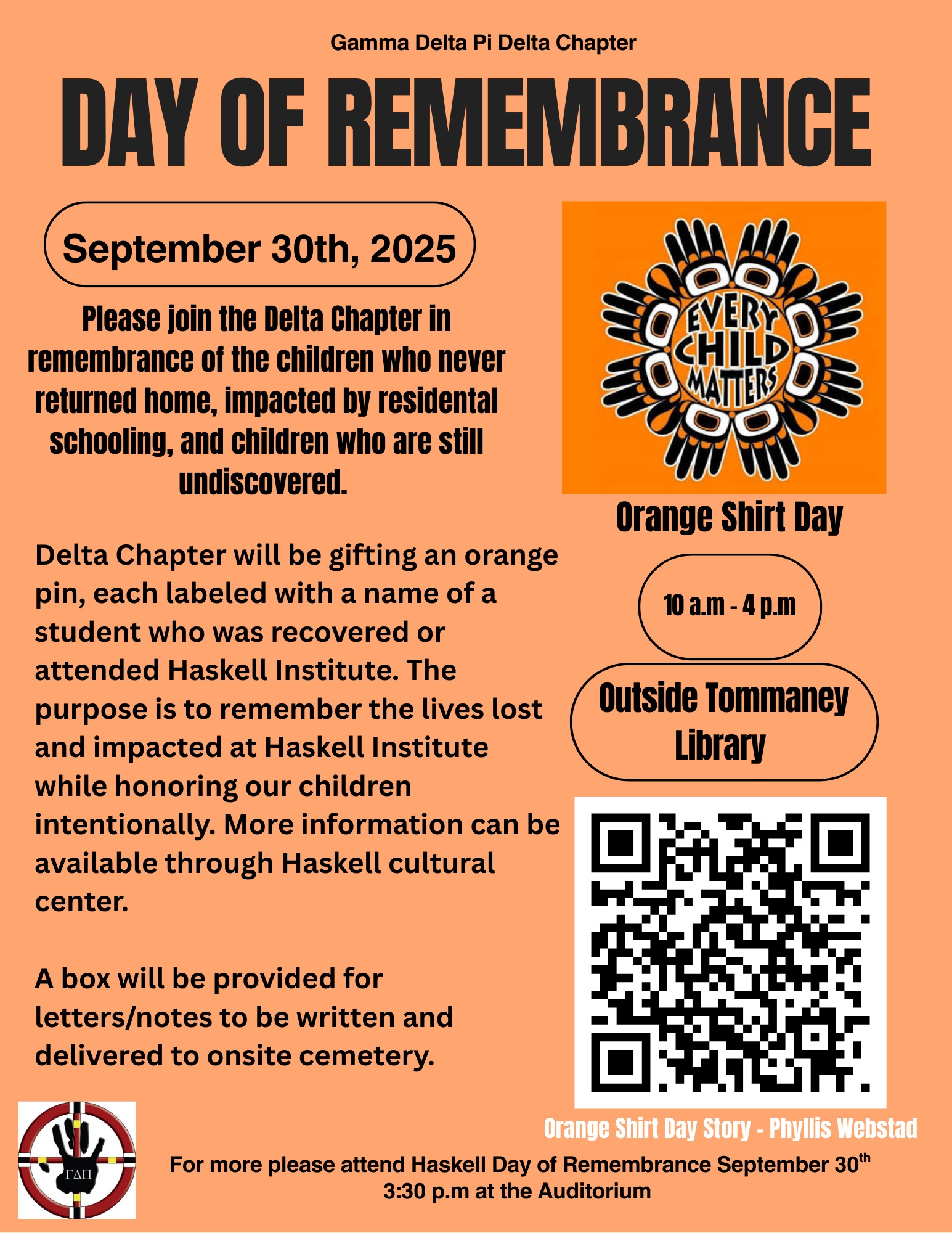
The National Congress of American Indians (NCAI) has a list of resources available for tribes and hosted a webinar this week, ahead of the federal government shutdown, to discuss tribal funding, Indian Affairs, and critical services.
Webinar speakers discussed contingency plans saying most tribal program will be impacted, which could include disruptions of appropriations.
The government shutdown at midnight on Wednesday.
Get National Native News delivered to your inbox daily. Sign up for our daily newsletter today.
Check out the latest episode of Native America Calling
Wednesday, October 1, 2025 – Rewriting the historical context for Native Americans
